SUMMARY
This is AI generated summarization, which may have errors. For context, always refer to the full article.
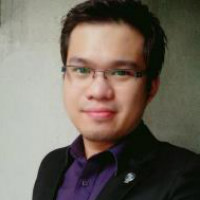
When I became a nurse, universal health care was never on my mind. As fresh nursing graduates, only a few of us would even think of joining the public health force then. Many of us thought at the time that community health was one of the most uninteresting and lowly fields of all in the nursing practice.
I studied nursing with perks of being a nurse abroad in mind, like receiving higher earnings than those employed locally as some of my professors said.
But now, as a nurse, I have seen and heard many stories of people suffering because they did not have access to health care services. There is a need for health practitioners to stay and lobby for universal health care to help with the plight of the poor.
What is universal health care?
According to the Department of Health (DOH), Universal Health Care (UHC) is the “provision to every Filipino of the highest possible quality of health care that is accessible, efficient, distributed adequately funding, fairly financed, and appropriately used by an informed and empowered public.”
It is also known as Kalusugan Pangkalahatan, which the Aquino administration describes as the “availability and accessibility of health services and necessities for all Filipinos.”
UHC is a government mandate aiming to ensure that every Filipino shall receive affordable and quality health benefits and services such as human resources, health facilities, and health financing.
Having UHC is important as it is a human right deeply rooted in our right to life. The right to live means enjoying the highest possible quality of living for men. UHC is crucial to this right as a lot of people die not having access to affordable and quality health care, especially in impoverished areas.
It is a human right as it is guaranteed in the fundamental law of the land and international laws recognized by our country. Section 15 of Article II of the 1987 Philippine Constitution states that: “The State shall protect and promote the right to health of the people and instill health consciousness among them.” Also, the constitution of the World Health Organization recognizes that health is a fundamental right of every human being without distinction of race, religion, political belief, and economic or social condition.
Being informed
I only heard about UHC back in 2010, but it had been in the pipeline years before. I realized the importance of having UHC in our country to address inequalities in our health care system when I joined the UHC study group of the University of the Philippines National Institute of Health.
The group just finished running a 7-month campaign promoting UHC in the country called the “Secretary’s Cup.” The Secretary’s Cup is a series of events promoting the 6 building blocks of universal health care: governance, information systems, financing, services, human resources, and regulations.
The purpose of the Secretary’s Cup is to achieve the vision of UHC to have a well-informed public that is genuinely committed to advocate for their right to health. It aims to spark interest on UHC and generate discourse among the general public and consequently spark strong support for UHC.
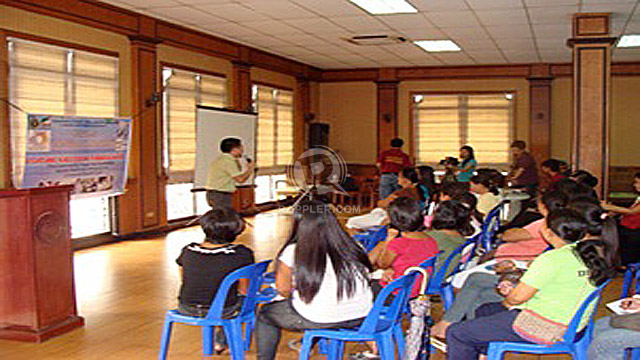
One of the activities includes conducting community town hall assemblies which aimed to get direct information from the communities about their honest opinion on, and their recommendations to, our current health care system.
These town hall assemblies reached 97 locals from the following areas: Quezon City, La Trinidad, Cabanatuan, Malolos and General Santos City. Special town hall assemblies were held in Los Baños and Iloilo City.
Misconceptions and problems
In all these assemblies, I realized how important it is to have universal health care in the Philippines to correct misconceptions and problems in our health care system.
Many who attended the assemblies equated access to medicine with access to health. When asked, “What is health for you?” Attendees replied, “Getting medicine.” Access to medicines and timely supply and replenishment are also important to many of them.
The attendees also said that money is an important factor to be treated well by health care providers. Due to lack of money, the attendees received poor service and are least prioritized in hospitals.
They also did not have sufficient knowledge about our government health insurance PhilHealth. Most did not know about its coverage. Some of them used their PhilHealth services but said that reimbursement takes a very long time, which defeats the purpose of availing of PhilHealth benefits.
Apart from health services, a pressing issue among the people are health facilities. They reported that there are some facilities which have poor lighting, ventilation, or are housed in decrepit buildings. Supplies are also another concern that comes with unhealthy facilities. All these contribute to an ineffective health care system.
Another main issue raised by the attendees was the grave corruption happening both in the local government and in the health care system as well.
Attendees claimed that some funds allocated for health were misused by local officials. They also said that corruption impedes development in the health care system. This corruption results in lack of health professionals and improvement of facilities.
Benefits of universal health care
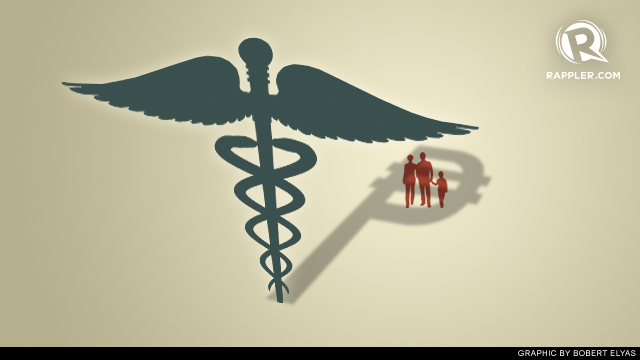
UHC ensures that every Filipino, regardless of his ability to pay and health condition, shall receive quality, accessible, effective and equitable health care services. It generally creates a higher quality of living for citizens.
Most health insurance providers impose conditions before allowing a person to be covered by the policy. Non-coverage of pre-existing conditions, disqualification of persons with fatal illnesses and non-availment of insurance proceeds for people who previously subscribed to another policy are only few of the many restrictions of using private health care insurance policies.
These restrictions are answerable with UHC. There is no discrimination as to health conditions or economic status of a person because everyone is covered.
It thus relieves a bread winner, or any person, of anxiety and stress. There is no to worry about setting aside money or using family savings for medical bills or insurance premiums.
UHC also allows the exploration of different treatments for a disease or condition which may not be financially possible without insurance.
All in all, apart from saving lives of those in need, UHC will take care of the troubles of those caring of their loved ones who are sick.
Hopeful
Despite the problems raised by the attendees in the town hall assemblies, they were hopeful we could address their issues and improve health care services. If only leaders at the national and local levels prioritized it.
Attendees promised to help the DOH in advocating for UHC in their localities by informing more people about the department’s programs.
They plan to conduct their own town hall assemblies to conduct dialogues with their LGUs for the improvement of current health programs to make lobbying for UHC even more effective.
The dialogues to be conducted by the community with the government are important. For UHC to be at the forefront, the government must be in constant dialogue with the public to set the agenda for discussion.
The government plays an important role in the realization of UHC in the country. Civil society could only do so much and lobby for it, but the government holds the power to legislate, execute and monitor its development.
The government, because of its obligation to its constituents, should implement UHC. The government’s actions and priorities put the health of the people where it should be. Realizing UHC depends on the strength and political will of the country’s leadership.
If the government does not prioritize health care, its people and their productivity will suffer. The health of the nation is vital for the holistic growth and development of the country.
Asked if the Philippines can ever attain UHC, people said one thing that struck me the most: “We can. If we help the government and if we start among ourselves.” – Rappler.com
Alvin Dakis is an advocate of health and the youth. He is a Philippines 21 Fellow of Asia Society, an organization dedicated to promoting mutual understanding and strengthening partnerships among peoples, leaders and institutions of the US and Asia. Alvin also chairs several youth and professional organizations and is an honoree of the World Bank Knowledge Development Center.
Add a comment
How does this make you feel?
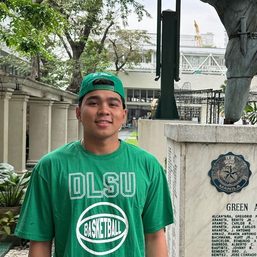
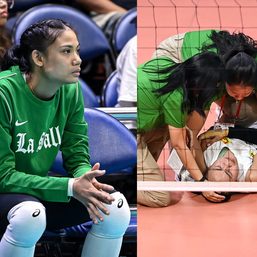



There are no comments yet. Add your comment to start the conversation.